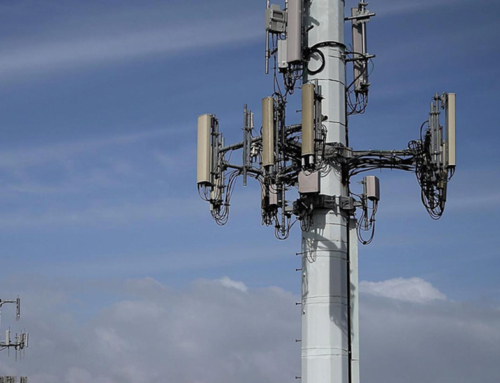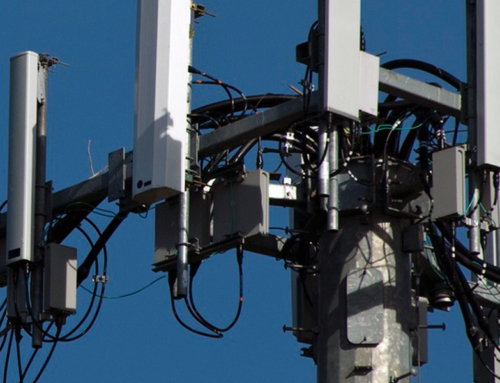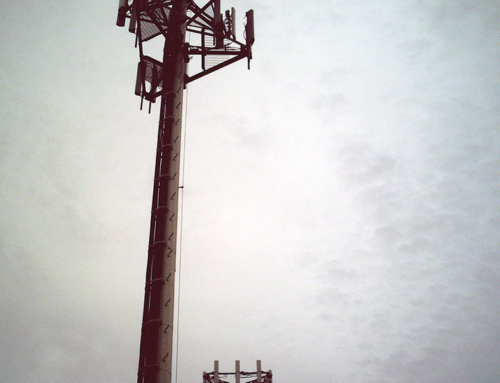If you’re a cell site leaseholder, you probably feel quite fortunate to have been offered the opportunity to sign a lease agreement with a carrier tenant, and rightfully so. Getting a cell tower (and the regular flow of income that comes with it) on your property isn’t easy to accomplish. Though many people would absolutely love to take on the role of landlord, it really comes down to luck and, most importantly, location. The wireless carrier has a need to expand its network coverage and a particular property is identified as an ideal site to meet that need.
Your wireless carrier tenant is supplying you with steady monthly income you otherwise wouldn’t be collecting. Recurring payments just for allowing a tower on your property — what’s not to love about that, right? While extra cash is undoubtedly a good thing, it doesn’t always arrive without strings attached. Don’t forget that business is business and wireless carriers are, first and foremost, out for themselves. This reality is illustrated by the fact that carriers almost always insert a Right of First Refusal clause into their lease agreements.
A Right of First Refusal (ROFR) clause specifies that you, the landlord, are restricted from selling your property or cell tower lease without offering them, the tenant, the option to purchase it first under the exact same terms and conditions. A ROFR decreases the value of a lease because many third-party lease buyout companies won’t even bother to bid when they know the tenant carrier will meet the offer and, out of contractual obligation, beat them out. The carrier will wait until you’re ready to sell (at which point you are required to notify them), so they can meet (not exceed) whatever offer you have on the table. Basically, a ROFR removes all of the competition from what could have been a bidding war to get top dollar for your cell site lease.
You may be thinking ‘As long as I get my money, do I really care who it comes from?’ Well, another potential drawback has to do with how your proceeds are treated for tax purposes. It’s plausible that if your buyout proceeds come from your current tenant, the income could be considered pre-paid rent in which case it could be subject to ordinary income tax instead of capital gains. As with all tax-related matters, you will need to consult your tax professional for advice, but this scenario is definitely something to consider.
A ROFR is just one example of how wireless carriers slip in terms that are in their favor. Remember, as great as it feels to take their money, carriers are always looking out for their best interest, not yours. Because the wireless industry is so variable and nuanced, it is nearly impossible for leaseholders to get up to speed with all of the information necessary to protect themselves and their assets. This is why it is so critical to seek guidance from experienced cell tower lease advisors, like The Filo Group.
Ideally, get expert advice before signing a lease to ensure that items, such as a ROFR, don’t enter into the agreement. If you’ve already signed a lease, even one that includes a ROFR, there is still much to be gained by partnering with The Filo Group. For example, extensions on the lease, site modifications, expansions and other additional entitlements will be up for negotiation.
The carrier would much prefer to negotiate with someone who doesn’t have the depth and breadth of industry knowledge that The Filo Group does. When that time comes, you want The Filo Group in your corner to see that you get maximum benefit possible from the deal. Contact us today for a free consultation to determine how we can be of most service to you.








